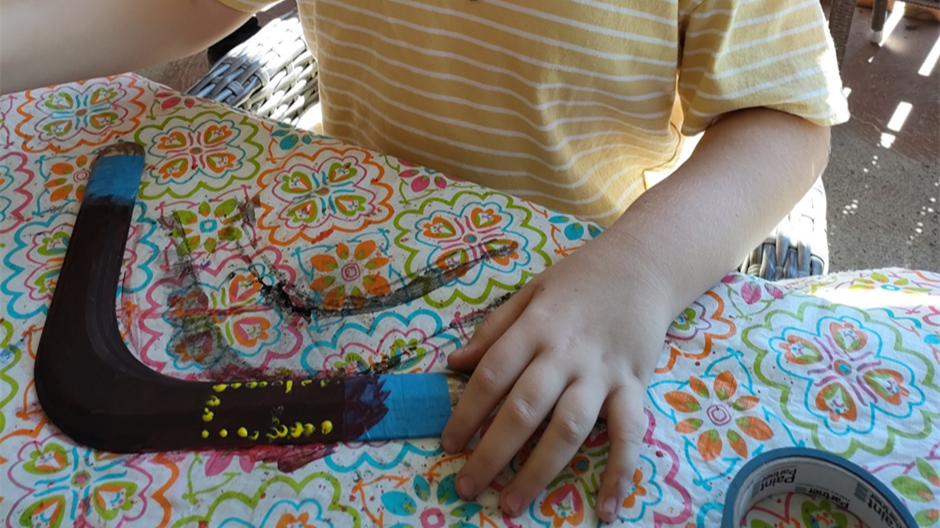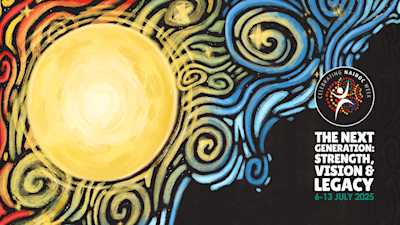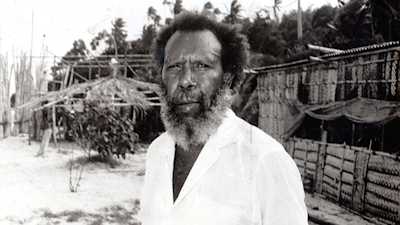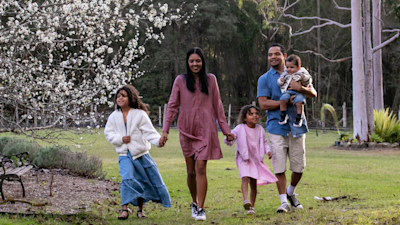Life Without Barriers is working toward a future where all Aboriginal and Torres Strait Islander children and young people will be cared for by family, kin and Aboriginal and Torres Strait Islander people.

Currently, there are Aboriginal and Torres Strait Islander children in the care system being looked after by non-Aboriginal or Torres Strait Islander carers. Carers play an important role in helping kids connect with their culture. There are many ways they can do this, here is one beautiful example.
Everyone has their own unique story to tell - today, meet Ben. Ben*, an Aboriginal boy we support, is very curious about his cultural identity and has a strong desire to learn more about his history. His carer, Mandy, is keen to support his curiosity, however, at first, she felt unsure about how to feed Ben’s curiosity outside of his family time.
Initially, Mandy was relying heavily on Ben’s family to provide cultural support, until she connected with Life Without Barriers’ cultural support specialist, Shannon Horadam.
To support Ben, Shannon worked with his case manager, attended home visits, and offered advice, resources, and education.
Ben has since attended a cultural program during the school holidays where he painted his own boomerang and listened to local Dreaming stories. He was also a part of his school’s Reconciliation Week walk and is now keen to learn how to play the didgeridoo!
Shannon also spent time with Ben and taught him how to say hello, and some other phrases in his family's language.
By watching the connection between Shannon with Ben, Mandy has become more confident about how to support Ben as he connects with his culture. Now, Mandy will often look out for cultural programs when they were travelling and doesn't hold back when asking the community for advice.
One important outcome of Ben’s journey in discovering his culture is the pride of his family when he’s able to share with them photos and stories about what he has learned.

How non-Aboriginal and Torres Strait Islander carers can culturally support Aboriginal and Torres Strait Islander kids in their care
Shannon shares her tips on how Foster Carers can support Aboriginal and Torres Strait Islander kids culturally:
Yarn with family – if carers have a relationship with the young person’s family, speak with them about what’s important to them when it comes to their identity. Family is culture and they will have all the answers.
Read the Cultural Support Plan – it has been developed specifically for that young person and holds information about their family, community connections and local services that can support them.
Follow services on social media – staying up to-date-on events or programs helps care families be proactive in engaging with the community.
Don’t be afraid to get involved – as their role models, care families can help kids feel comfortable about attending community events or accessing a local service.
Life Without Barriers has committed to transfer out-of-home care services for Aboriginal and Torres Strait Islander children to Aboriginal and Torres Strait Islander community control within 10 years. You can read about our partnership with SNAICC here.
*Names have been changed to protect the children in this story.


